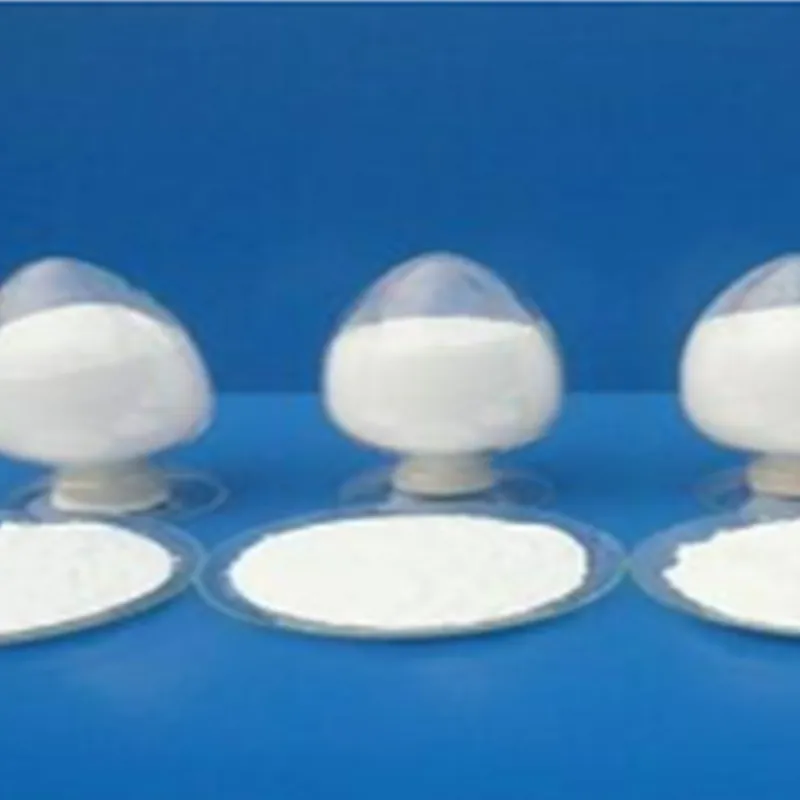
160b food additive
Understanding 160b The Food Additive in Focus
Food additives play a significant role in modern food production and preservation, ensuring products are safe, appealing, and have a longer shelf life. One such additive that often comes up in discussions about food safety and ingredient transparency is E160b, commonly known as Annatto. Derived from the seeds of the achiote tree (*Bixa orellana*), E160b is renowned for its vibrant orange-red color and is extensively used in various food products.
What is E160b?
E160b is a natural colorant derived from the annatto seeds. The history of annatto usage dates back to the indigenous peoples of South America, who used it not only for coloring food but also for cosmetic purposes. Today, it is widely recognized as a safe and effective food coloring agent, regulated by food safety authorities. It is classified as a natural colorant, which has increased its popularity among health-conscious consumers and food manufacturers seeking cleaner labels.
Applications in Food Products
E160b is predominantly used in dairy products, cheeses, snacks, baked goods, and processed meats. The vivid color it imparts can enhance the visual appeal of food items, making them more appetizing to consumers. For instance, many cheese products use E160b to achieve that desirable orange hue that is often associated with cheddar and other varieties. Additionally, it is frequently added to margarine and butter to enhance their appearance, making them look more appealing on a dining table.
Moreover, because of its natural origin, many brands choose E160b over synthetic colorants, aligning with the growing trend towards “cleaner” and more natural ingredients. This shift is part of a broader consumer movement demanding transparency in food labeling, where customers are increasingly aware of what goes into their food.
Safety and Regulations
160b food additive

The safety of food additives, including E160b, is a primary concern for both consumers and regulatory authorities. E160b is generally recognized as safe (GRAS) by the U.S. Food and Drug Administration (FDA) and has been approved for use in food by various health agencies around the world, including the European Food Safety Authority (EFSA). Long-term studies have shown that the consumption of annatto in food is safe for most individuals and does not pose significant health risks.
However, as with any additive, some people may experience allergic reactions or sensitivity to annatto, although such cases are relatively rare. It is always advisable for consumers with specific dietary concerns to consult food labels and ingredient lists to make informed choices.
Natural vs. Synthetic Additives
The debate between natural and synthetic food additives has become increasingly pronounced. Natural additives like E160b are often viewed as healthier alternatives to artificial colorants, which can carry concerns about potential health risks. This perception has fueled demand for products containing natural coloring agents, leading to their rise in various food industry sectors.
Yet, it's crucial to note that 'natural' doesn't always equate to 'healthier.' The effects of food additives can vary based on individual tolerances and dietary restrictions. For instance, individuals with specific allergies or sensitivities might need to avoid certain natural additives. Therefore, consumers should always read labels carefully and understand their dietary needs.
Conclusion
E160b, or annatto, serves as an excellent case study in the broader context of food additives. It encapsulates the balance between food safety, consumer preferences, and regulatory frameworks. As the food industry continues to evolve with greater emphasis on transparency and clean labeling, natural colorants like E160b will likely remain prominent. Understanding these additives can empower consumers to make informed decisions while enjoying the benefits of modern food technology. As we move forward, maintaining an informed, balanced perspective on food additives will be crucial for both the industry and consumers alike.
-
Pure Sodium Dichloroisocyanurate Dihydrate | Powerful DisinfectantNewsAug.29,2025
-
Industrial Chemicals: Quality & Purity for Every IndustryNewsAug.28,2025
-
Nitrile Rubber Honoring Strict Production StandardsNewsAug.22,2025
-
Aspartame Ingredients Honoring Food Safety ValuesNewsAug.22,2025
-
Fertilizer for Balanced Plant NutritionNewsAug.22,2025
-
Cyanide Gold Processing with High Purity AdditivesNewsAug.22,2025
-
Formic Acid in Textile Dyeing ApplicationsNewsAug.22,2025
Hebei Tenger Chemical Technology Co., Ltd. focuses on the chemical industry and is committed to the export service of chemical raw materials.
-

view more DiethanolisopropanolamineIn the ever-growing field of chemical solutions, diethanolisopropanolamine (DEIPA) stands out as a versatile and important compound. Due to its unique chemical structure and properties, DEIPA is of interest to various industries including construction, personal care, and agriculture. -

view more TriisopropanolamineTriisopropanolamine (TIPA) alkanol amine substance, is a kind of alcohol amine compound with amino and alcohol hydroxyl, and because of its molecules contains both amino and hydroxyl. -

view more Tetramethyl Thiuram DisulfideTetramethyl thiuram disulfide, also known as TMTD, is a white to light-yellow powder with a distinct sulfur-like odor. It is soluble in organic solvents such as benzene, acetone, and ethyl acetate, making it highly versatile for use in different formulations. TMTD is known for its excellent vulcanization acceleration properties, which makes it a key ingredient in the production of rubber products. Additionally, it acts as an effective fungicide and bactericide, making it valuable in agricultural applications. Its high purity and stability ensure consistent performance, making it a preferred choice for manufacturers across various industries.





